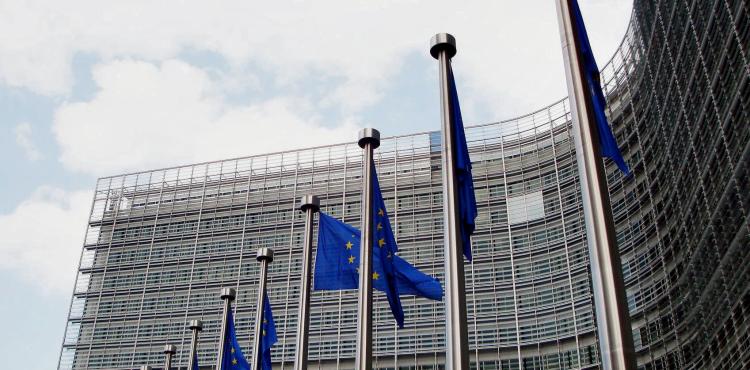
In the period 2021-2027, Italy will receive 42.7 billion euros from the EU to promote economic, social and territorial cohesion, with particular attention given to the southern regions, including Sardinia, and especially Sulcis Iglesiente. The funding is the result of the partnership agreement for cohesion policy signed between the European Commission and Italy, which establishes the investment priorities agreed for the country’s green and digital transition, at the same time supporting the most vulnerable socio-economic areas and vulnerable groups. The total budget for cohesion policy, together with national co-financing, amounts to 75 billion euros.
More than 30 billion euros from the European Regional Development Fund (ERDF) and the European Social Fund Plus (ESF+) will be allocated to the less developed regions of southern Italy, targeted support that is essential to reduce the gap between territories in terms of economic activity, employment opportunities, education and access to services and health care.
More than 8.7 billion euros from the ERDF will be earmarked for making energy more economically accessible, cleaner and safer, as well as investing in the circular, low-carbon economy and energy efficient renovation of public buildings.
ERDF resources will also be channelled into investments for sustainable mobility and to make regions, cities and infrastructure more resilient to the effects of climate change and natural hazards.
Italy will invest in measures to adapt to climate change, risk prevention and resilience to phenomena such as storms, floods and droughts; for example, 1.2 billion euros from the ERDF will be used to improve the efficiency of the national water network, while also promoting digitisation and intelligent monitoring in the field of wastewater treatment.
1 billion euros from the Just Transition Fund (JTF) will help mitigate the effects of the green transition and support the diversification of economic activities currently based on carbon-intensive industries. The most affected areas of the country are Sulcis Iglesiente in Sardinia and the area of Taranto in Apulia.
9.5 billion euros will be invested to improve industrial competitiveness in all regions, digitisation and productivity of small and medium-sized enterprises (SMEs) and support for research, development and innovation.
15 billion euros from the ESF+ will be invested in social inclusion measures, active labour and training measures to boost youth employment under the youth guarantee, for example through apprenticeships, self-employment and entrepreneurship.
To address the lack of qualified personnel and increase the flexibility of the labour market, Italy will invest in improving skills and retraining of workers. Substantial efforts will be undertaken to help the most deprived and, in particular, to bring children out of poverty, in line with the European Children’s Guarantee.
Other fundings will be targeted at addressing the gender gap in employment rates by supporting female entrepreneurship, facilitating access to conciliation services, encouraging greater involvement of men in care tasks and promoting innovative welfare solutions at company level.
Finally, 518 million euros from the European Maritime, Fisheries and Aquaculture Fund (EMFAF) will contribute to a sustainable and low-carbon fisheries and aquaculture sector in the Mediterranean, enhancing the sustainability of the exploitation and management of aquatic and maritime resources and boosting innovation, while also promoting the decarbonisation of the sectors of the blue economy, the protection of the marine environment and biodiversity. Particular attention will be paid to local coastal communities.